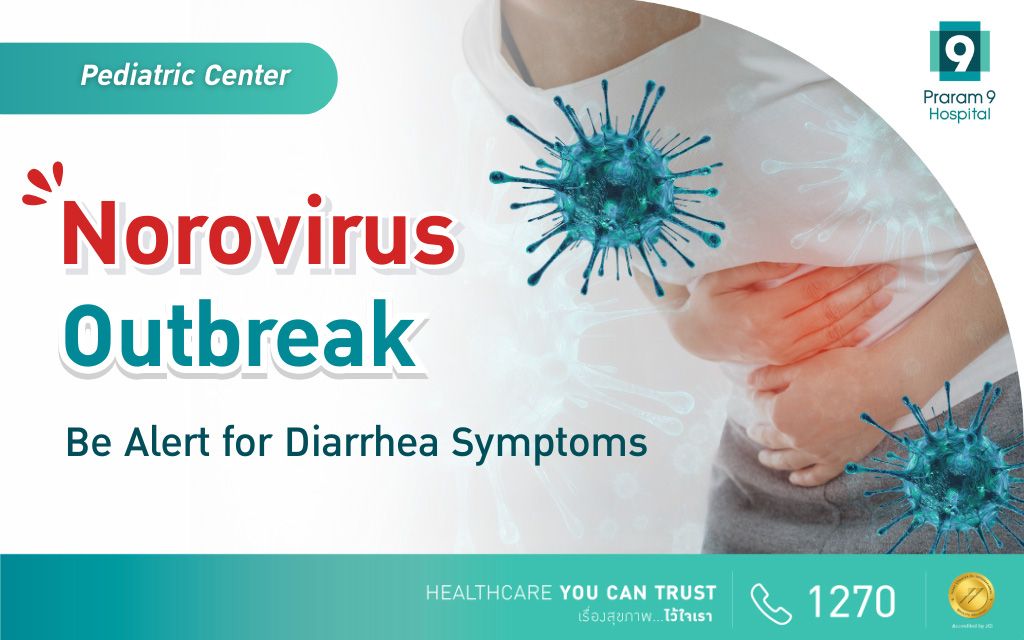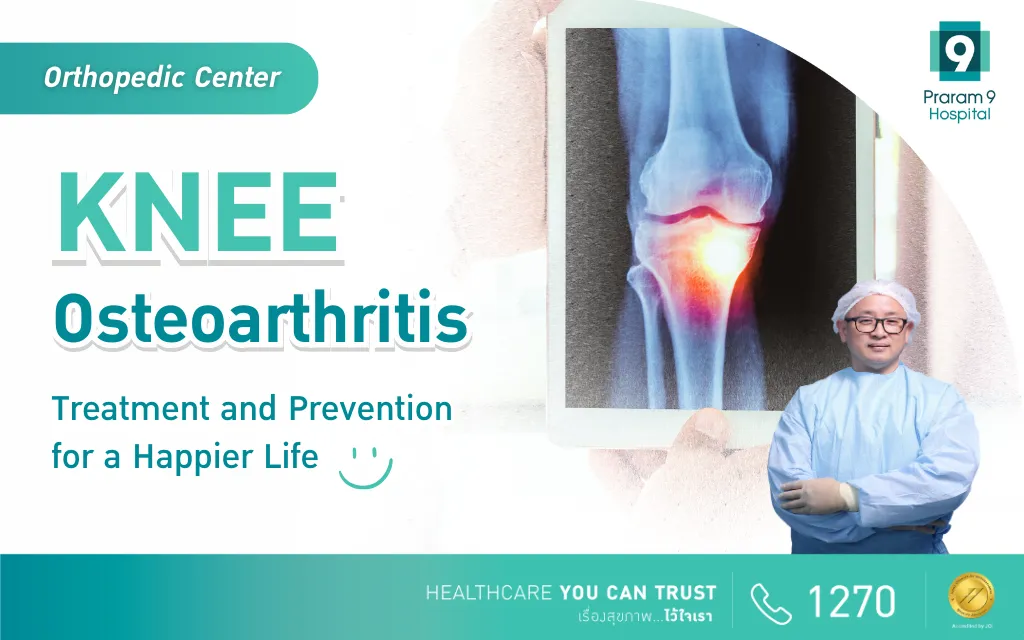Health Articles
Knowledge
What are the methods by which COVID-19 spread

What are the methods by which COVID-19 spread?
What are the most common way of catching COVID-19?
Anyone can catch the virus from another person who is a host of COVID-19. The disease can spread from one human to another through small droplets from the nose or mouth which are spread when a person with COVID-19 coughs or exhales. These droplets land on objects and surfaces, anyone who has been in contact with these objects and surfaces then touching their eyes, nose or mouth will become infected. Another way of catching the virus is if you breathe in droplets from a person with COVID-19 who coughs out or exhales droplets. This is why it is crucial to stay more than 1 meter (3 feet) away from a person who is sick.
Can COVID-19 transmitted through air?
As of recent studies, it is suggested that the virus that causes COVID-19 is mainly transmitted through contact with respiratory droplets rather than through the air.
Can COVID-19 be caught from a person who display no symptoms?
The risk of catching COVID-19 from someone with no symptoms at all is very low. As mention before, the main way for the disease to spread is through respiratory droplets ejected by someone who is coughing or sneezing. However, many people with COVID-19 experience only mild symptoms. This is particularly true at the early stages of the disease. It is therefore possible to catch COVID-19 from someone who has just a mild cough and does not feel ill. More update will be available soon from the ongoing and continuous research by the World Health Organization which we will keep you up to date as soon as it is shared.
Can COVID-19 be caught from the feces of someone with the disease?
The risk of catching COVID-19 from the feces of an infected person seems to be low. Early investigations suggest the virus may be present in feces in some cases, this methods of spreading the virus is not a main feature of the outbreak. However, beacause this is one of the risks, it adds on to the reason to wash your hands regularly after using the bathroom and before eating.














